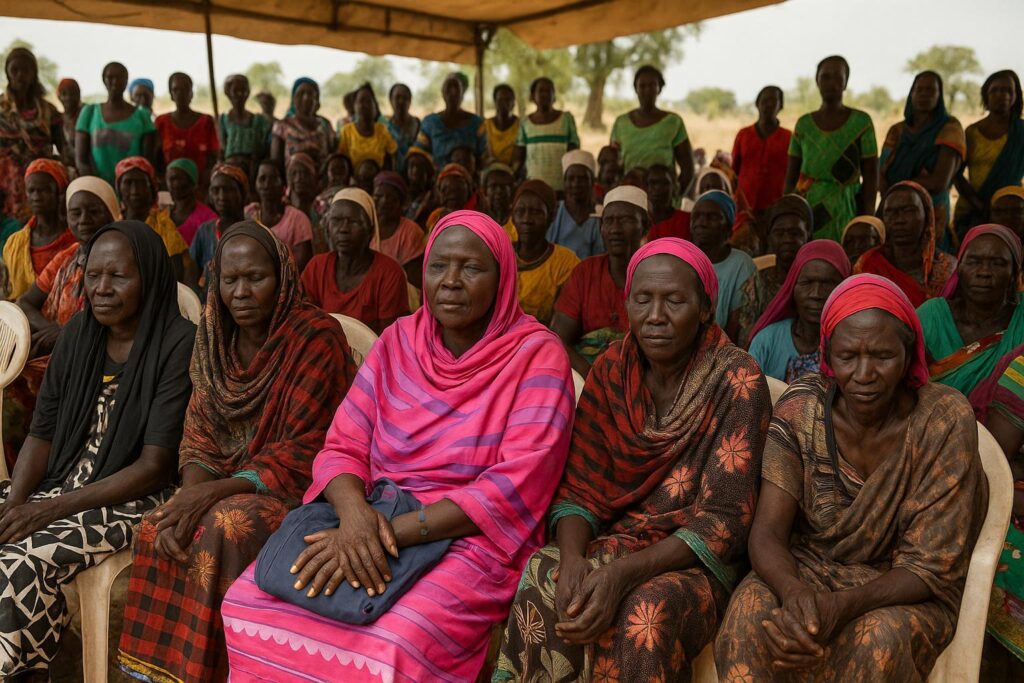Hepatitis E Toll Rises in Northern Bahr el Ghazal
Health officials in Aweil confirm 192 hepatitis E infections and 30 deaths since start of 2024, marking the state’s most severe liver-disease episode in years.
The World Health Organization lists hepatitis E among the variants with the highest epidemic potential across Africa.
Local health educator Luka Lual Aleu Jok told Sudans Post, “192 is already confirmed officially by the Ministry of Health here in the state with 30 death cases.”
Contaminated Water Drives Infection Spike
Officials trace the surge to untreated human waste seeping into wells and streams that supply drinking water to Aweil’s densely populated quarters.
Hepatitis E spreads when contaminated water or unwashed hands move the virus from faeces to food or mouths, health workers warn.
Local Officials Sound the Alarm
“A patient can distribute it easily if he or she touches food without washing hands,” Lual emphasised during a community briefing.
He urges residents to seek rapid tests at Aweil Civil Hospital where basic screening kits remain available despite resource constraints.
Pregnant Women at Highest Risk
Women face particular peril; Médecins Sans Frontières estimates fatality can reach 40 percent in pregnancy.
Since January 2024 the NGO has vaccinated 12,776 women and girls aged 16–45 in villages already burdened by malaria and malnutrition.
Simple Prevention Measures Available
Public health teams say routine hand-washing, safe latrines and regular water chlorination could halt further loss of life.
Northern Bahr el Ghazal authorities plan awareness campaigns in schools and markets while advocating for stronger hygiene infrastructure funding.


